As we edge closer to 2024, the cultural tapestry of Europe readies itself to be adorned with the vibrant threads of Bodo, Norway, Bad Ischl, Austria, and Tartu, Estonia. These cities, though varied in landscape and legacy, are united in their soon-to-be-shared status as European Capitals of Culture. This honour, more than just a title, is an invitation to the world to witness a transformation – a confluence of events, projects, and dialogues that not only illuminate the rich history and cultural intricacies of the chosen cities but also foster a greater European identity through cultural exchange.
In the far north, Bodo prepares to showcase its Arctic allure and indigenous Sami heritage, promising a narrative woven with northern lights and an ethos of sustainability. In the heart of the Salzkammergut, Bad Ischl, famed for its imperial past and resplendent natural beauty, is set to rekindle its storied cultural vibrancy for the modern era. Further east, Tartu, a quintessential university town perched on the banks of the Emajõgi River, readies to challenge minds and spark innovation through a celebration of youthful vigour and intellectual curiosity.
Each city, in embracing its moment on the cultural pedestal, holds the promise of an unforgettable year of festivities, collaborations, and cultural renaissance that will leave indelible marks on the souls of both the local communities and international visitors alike.
Bodø, Norway
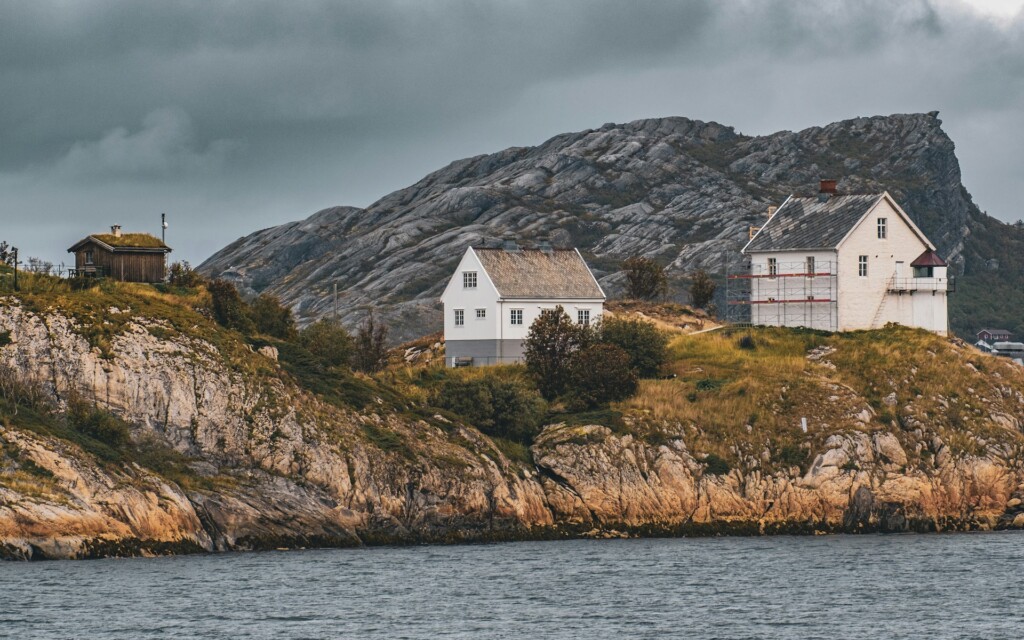
When we were little whippersnappers causing havoc in Mid Wales, we went through the trouble of choosing a football team to support from every European nation. Norway? Well, we could have selected the all-conquering Rosenborg, but the Troillongan had not long defeated our beloved Blackburn Rovers, so that wasn’t an option. Instead, we went with the mighty Bodø Glimt, as much for the team’s striking yellow jerseys as anything else. Little did we know that decades later, we would find ourselves singing the praises of equally mighty Bodø, one of the northernmost cities on the planet and a charming centre of history, culture, and nature. Everything that makes Norway great, in a nutshell.
Bodø is the administrative centre of Nordland (“northland,” if you were curious), and the keyword there is “centre.” One of the fastest-growing cities in Scandinavia, Bodø has come a long way since it was awarded town status in 1816. Heck, it has come a long way from the illegal English trading scandal that sullied its name soon after, blossoming into a town that leans into its geography without depending on it.
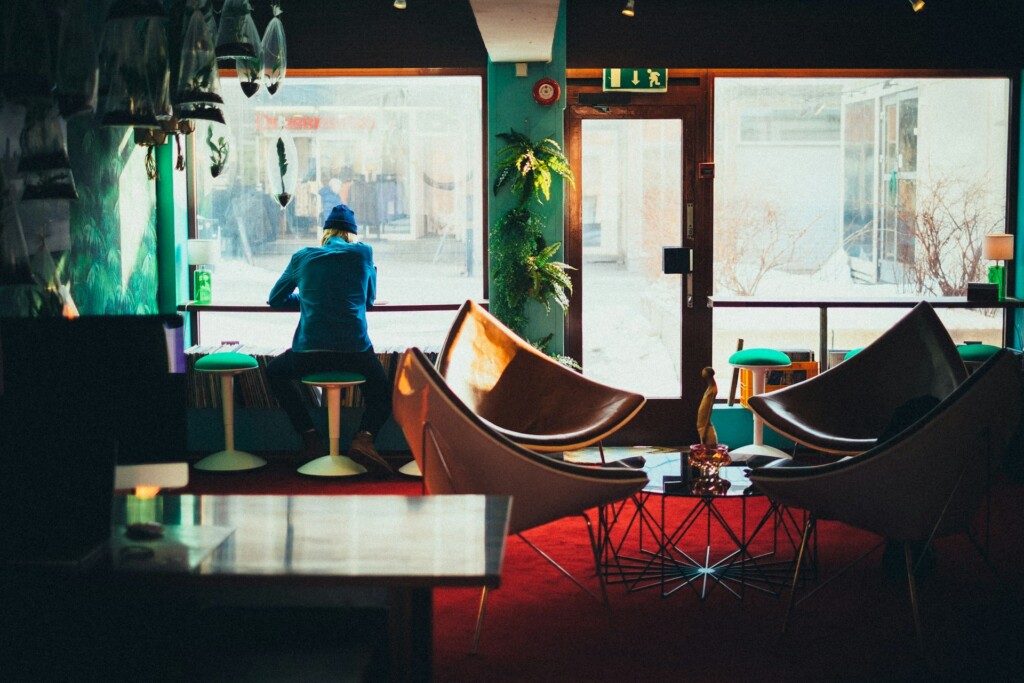
Bodø has a long military history, sure, but it is a place that celebrates its nature as much as its nurture. This is the only city inside the Arctic Circle that experiences four seasons, for one, making it a surprisingly un-Arctic Arctic adventure. You’ll get plenty of that with the northern lights, glaciers, and immense currents, the latter including Saltstraumen, considered the strongest tidal current in the world.
In 2024, Bodø takes the stage as a European Capital of Culture. The calendar is packed with events (more than 1,000, at last count) to go with the usual run of festivals and extravaganzas that light up this most northern of northern places. Oh, and Bodø Glimt? The current and defending Eliteserien champions, if you must ask.
Bad Ischl, Austria
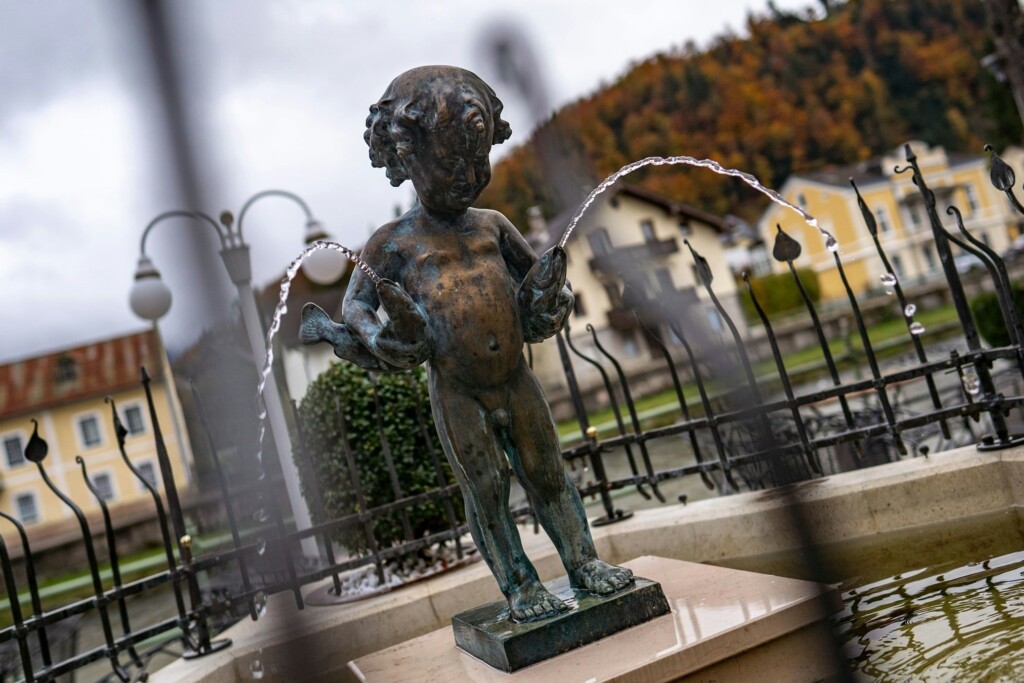
Where to begin with Bad Ischl? Logically, we’d focus on the “spa” element of this spa town, located 30 miles or so east of Salzburg. That would make the most sense, but what of the history? Bad Ischl is intricately linked to Emperor Franz Josef I, and every room in the town’s stunning Kaiservilla contains stories of love, loss, and empire. What is it going to be? Spa or history? Wellness magic or the undeniable wonder of an aging emperor’s moustache?
In 2024, Bad Ischl will follow in the footsteps of Graz (2003) and Linz (2009) in becoming an official European Capital of Culture. This imperial spa town is every bit deserving of the honour, representing a return to its glory days as a fashionable spa resort in the 19th century. Its origins go back even further, to the middle of the 15th century when Emperor Frederick III (no moustache) declared it a market town. A century later came the salt mine and the salt evaporation pond. Not long after came the throngs, searching for relaxation and rejuvenation in its healing waters.
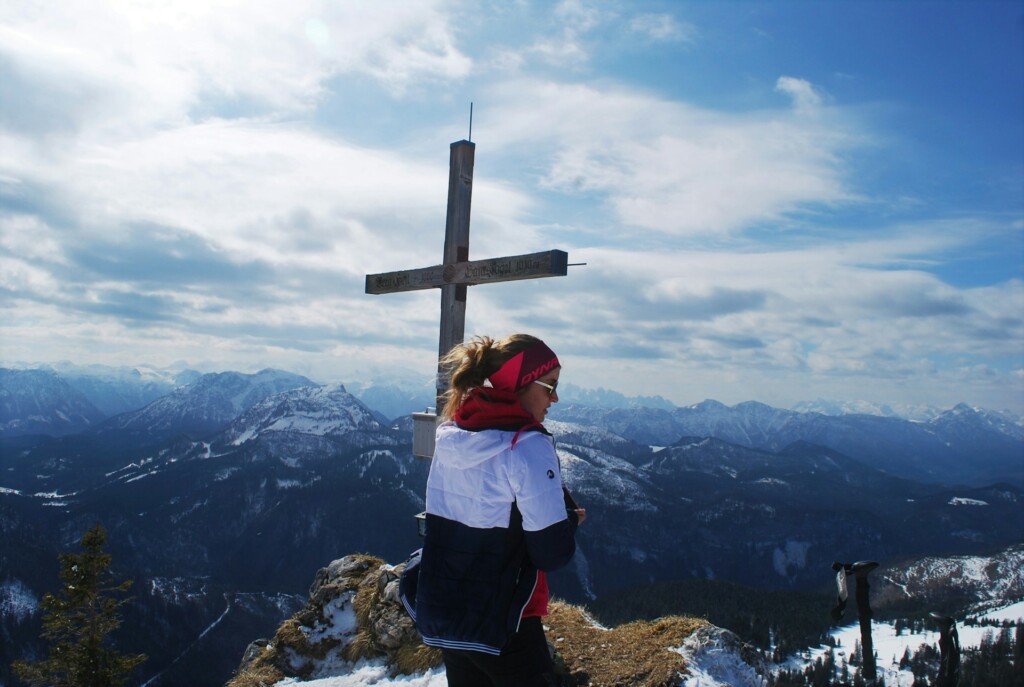
Among them, you see, was Emperor Franz Josef I. Bad Ischl was his summer residence, no great surprise when considering he referred to it as “Heaven on Earth,” and the Kaiservilla mansion played host to Franz, his wife Elisabeth, and many friends for many summers. The villa was actually a wedding present from the emperor’s mother (sure beats a toaster).
On the opposite side of the cheery scale, it was there that Franz signed the declaration of war against Serbia in 1914, making World War I inevitable. He left the next day, never to return. More fool him, clearly, because Bad Ischl is the sort of place you should never leave. The wellness offer is as good as anything on the continent, and the history of the place is lovingly extolled in museums, buildings, and whispers. There is also a famous pastry shop (Konditorei Zauner), which, yes, sent its sweets to the royal family.
Tartu, Estonia
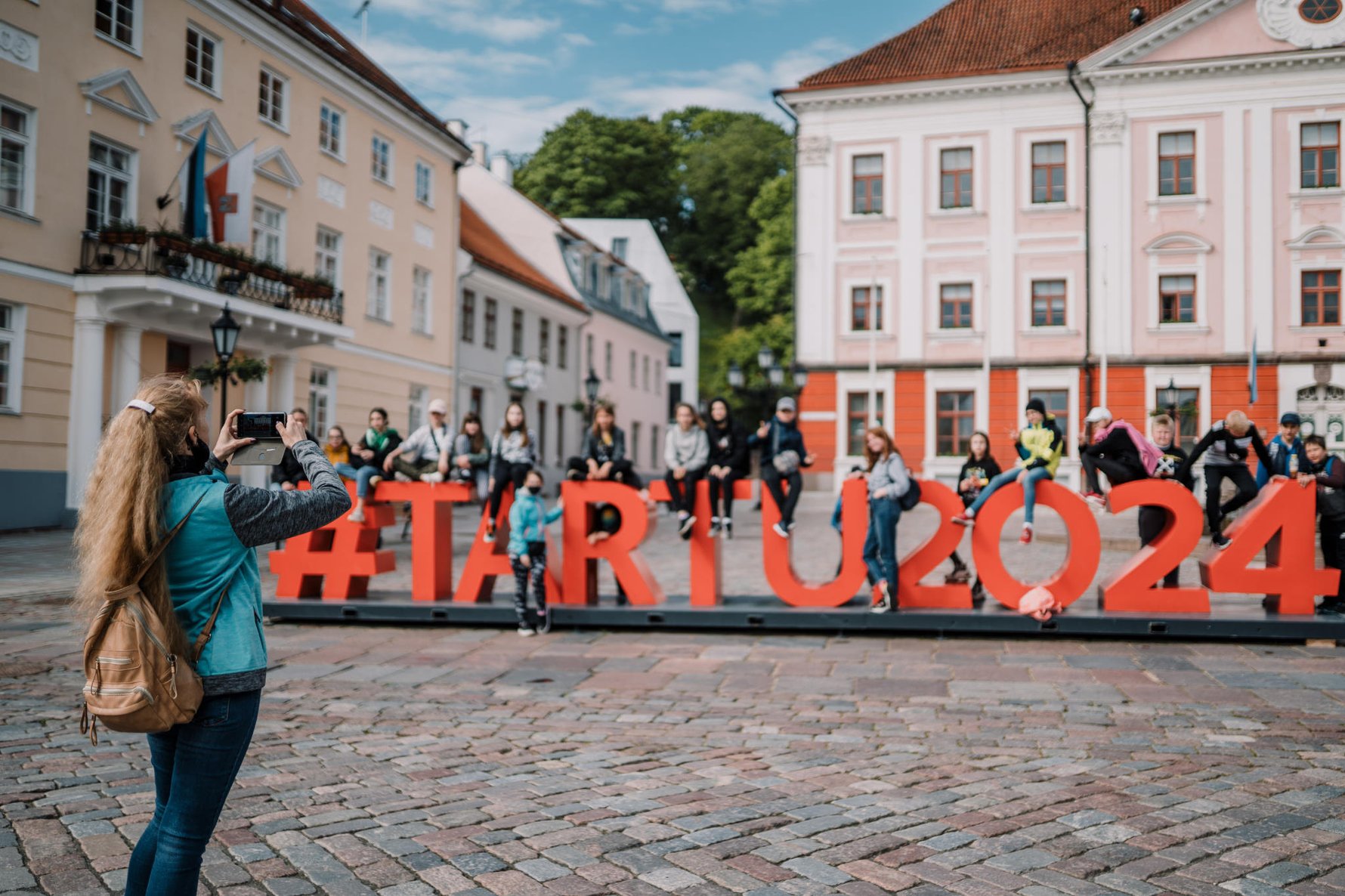
Extraordinary things are happening in Tartu and the rest of southern Estonia! A quarter of Estonia will play host to the country’s most important cultural event of 2024, carrying out the largest cultural initiative in Europe and organise hundreds of events throughout the year. On the one hand, it will be a spectacular festival to which all Estonians and visitors from abroad are invited. On the other hand, it is a collaborative effort – a sort of popular movement – in which everyone’s contribution and participation is valued.
The artistic concept Arts of Survival (Ellujäämise Kunstid in Estonian) guides the activities of the European Capital of Culture. They represent the knowledge, skills, and values that will enable us to live well in the future. Tartu and Southern Estonia share a desire to exchange their experiences with Europe and learn through international cooperation. Uniqueness, sustainability, awareness, and co-creation are the four most important Arts of Survival that characterise the Southern Estonian region and are also expressed in the title year programme.
Read more about Tartu 2024, southern Estonia and the rest of this Baltic beauty from our local team here!



Comments
0 comments